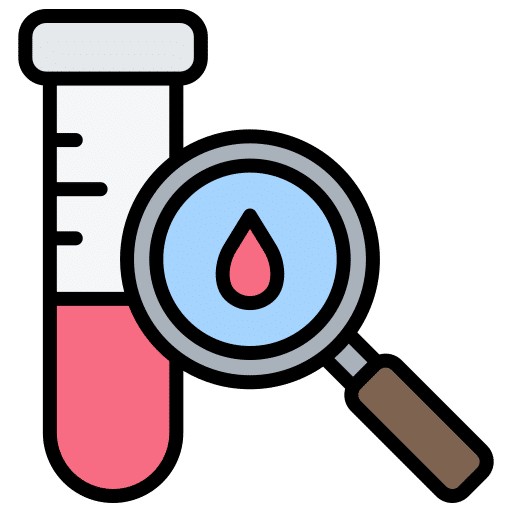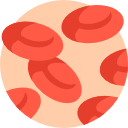
Mean Platelet Volume (MPV)

Analyzer Report
Frequently Asked Questions
MPV stands for Mean Platelet Volume. It’s a measure of the average size of platelets in the blood. Platelets are small blood cells involved in the clotting process, helping to form blood clots to stop bleeding. The MPV value is generally reported as part of a complete blood count( CBC) test. The MPV value can give perceptivity into platelet product and exertion.
A low MPV value generally indicates a drop in the average size of platelets.
A low MPV can be associated with several conditions and factors, including
- Thrombocytopenia: This refers to a low platelet count in the blood. It can be caused by colorful factors, such as bone marrow diseases, vulnerable system problems, certain specifics, viral infections, or certain types of cancer. Thrombocytopenia can result in abnormal bleeding or difficulty in clotting.
- Aplastic anemia: This is a rare condition where the bone gist fails to produce enough new blood cells, including platelets. A low MPV can be observed in individuals with aplastic anemia.
- Cirrhosis: Advanced liver complaint, similar to cirrhosis, can affect the product and function of blood cells, including platelets. Low MPV can be a consequence of liver dysfunction.
- Certain specifics: Some specifics, similar as chemotherapeutic agents, can affect platelet product or function, leading to a low MPV.
- Inherited diseases: Rare inheritable diseases, similar as Bernard- Soulier or Wiskott- Aldrich syndromes, can beget abnormally low MPV values due to disabled platelet product or function.
A high MPV value generally indicates that the platelets in the blood are larger than normal.
A high MPV can have several implicit interpretations and can be associated with several medical conditions. Some possible explanations for a high MPV include:
- Platelet Destruction: In conditions where platelets are fleetly destroyed, similar as vulnerable thrombocytopenic purpura (ITP) or thrombotic thrombocytopenic purpura (TTP), the body may release larger and youngish platelets to compensate for the loss. This can lead to an increased MPV.
- Bone marrow diseases: Certain bone marrow diseases, similar as myelodysplastic runs( MDS) or leukemia, can affect the product and development of platelets. As a result, larger platelets may be released into the bloodstream, causing an elevated MPV.
- Inflammatory Conditions: Responses caused by infections or habitual seditious conditions can stimulate the product of larger platelets, leading to an increased MPV.
- Specifics: Some specifics, similar to certain chemotherapeutic medicines, can affect platelet products and affect larger platelets, leading to a high MPV.
Mean Platelet Volume (MPV) is a measure of the average size of platelets in the blood. Platelets are small, slice-shaped cells in the blood that play a pivotal part in clotting to help inordinate bleeding. MPV is generally reported as part of a complete blood count( CBC) test.
When a CBC is performed, it provides colorful parameters related to the different factors of blood, including platelets. Along with the platelet count, the MPV value is measured. MPV indicates the average volume or size of the platelets present in the blood sample.
Changes in MPV can give perceptivity into certain medical conditions. Advanced MPV may indicate the presence of larger and potentially more active platelets. This can be seen in conditions like vulnerable thrombocytopenic purpura( ITP), myeloproliferative diseases, or as a response to increased platelet product due to inflammation or recovery after bleeding. On the other hand, lower MPV may suggest the presence of lower platelets. It can occur in conditions like Wiskott-Aldrich syndrome, certain natural diseases, or as a result of treatment with certain specifics.































